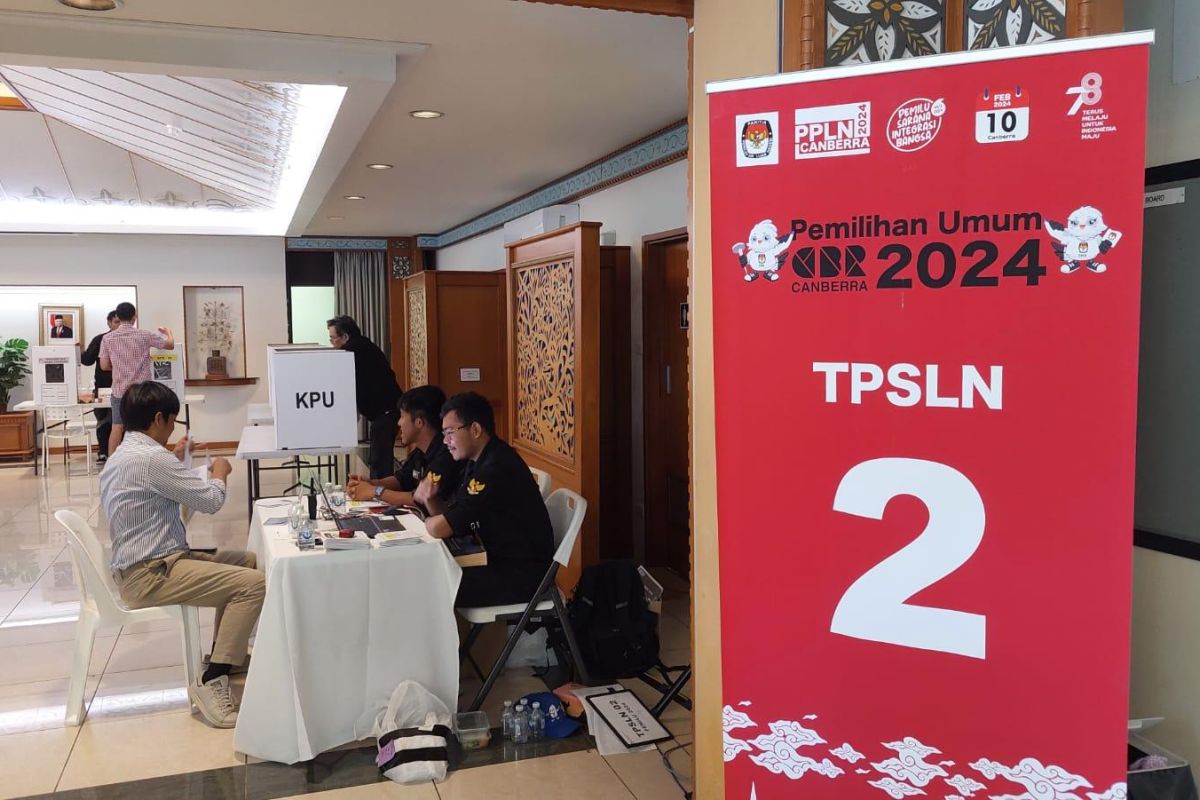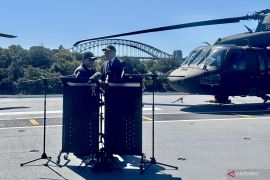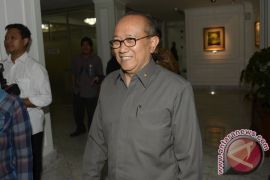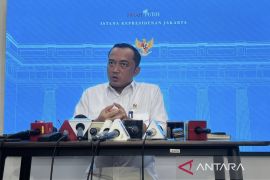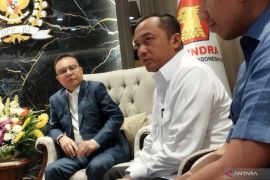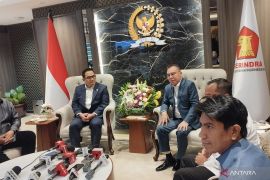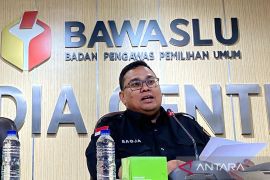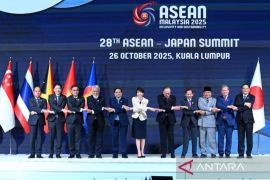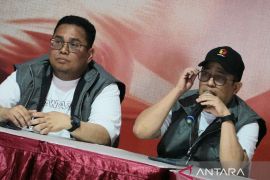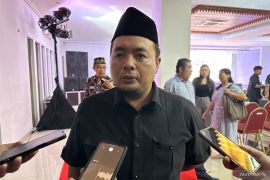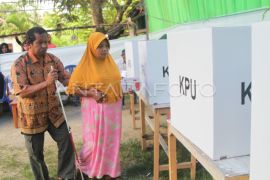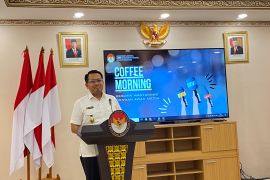Candidate pairs Anies Baswedan-Muhaimin Iskandar and Prabowo Subianto-Gibran Rakabuming Raka held their final rallies in Jakarta, while Ganjar Pranowo and Mahfud MD culminated their campaign in Semarang.
Anies and Muhaimin chose Jakarta International Stadium (JIS) in North Jakarta — which was built when Anies was Jakarta governor — as the venue for their final major rally.
Prabowo and Gibran wrapped up their campaign at Gelora Bung Karno (GBK) Stadium, while Ganjar and Mahfud held their final rally on Pancasila Field in Simpang Lima, Semarang city, Central Java.
In front of their supporters and loyalists at their final rallies, each presidential and vice presidential pair reiterated their campaign promises and commitments to fulfill them.
Meanwhile, in Australia's cities, such as Canberra, Sydney, and Melbourne, Indonesian citizens, whose names were in the final voter list (DPT) for the 2024 General Elections, went to polling stations to cast their vote.
According to the education and culture attaché at the Indonesian Embassy in Canberra, Mukhamad Najib, around 36 thousand voters were registered in the DPT. The majority of them were residents of Sydney and Melbourne.
"In general, the majority of Indonesian citizens in Australia live in Sydney, Melbourne, and Brisbane, while in Canberra, their number is small enough," Najib said in a statement that ANTARA published on December 13, 2023.
Voters in the Australian capital territory (ACT) cast their votes at the Overseas Polling Station (TPSLN) 2 prepared by the Overseas Election Committee (PPLN) in Canberra inside the Indonesian embassy's compound.
One of the voters at the TPSLN 2 was Muhammad Teguh Ariffaiz Nasution, who is pursuing a postgraduate degree in strategic studies at the Australian National University (ANU).
When contacted by ANTARA from Bogor, West Java, he said that he and many other voters enthusiastically cast their votes at the TPSLN 2 because the embassy also enlivened voting day by holding a bumpy market event.
Besides several booths selling authentic Indonesian dishes, the bumpy market also had a selfie corner for voters and foreign nationals, he informed.
Nasution said that voting at the TPSLN 2 was not time-consuming and he managed to register, get a queue number, and cast his vote in about 40 minutes.
Beacon of hope
As one of the members of Indonesia's young generation, Nasution sees the presidential and parliamentary elections as a beacon of hope for democracy and good governance.
Whoever wins the elections must ensure the preservation of good democracy in Indonesia, one that truly enshrines the will of the people instead of mere procedural politics, he said.
"The election that Indonesians living in Canberra participate in today, as well as the ones that will simultaneously be held throughout Indonesia on February 14 are a gift, bought through the blood, tears, and sweat of countless democratic activists in the country," he added.
Therefore, as long as the Unitary State of the Republic of Indonesia exists, democracy should remain as the basis of its political system, Nasution continued.
The strategic studies student said that Indonesia's next leader must hopefully be able to take firm steps to respond to the increasingly worrying geopolitical trends that the nation is facing today.
"Our current strategic environment in the Indo-Pacific will be dominated by great power competition between China-US, with potential flashpoints for open conflict in the Korean Peninsula, Taiwan, the East China Sea, and the South China Sea," he observed.
Among them, a potential conflict over Taiwan and the South China Sea could directly impact Indonesia by disrupting maritime shipping, which would be detrimental to its economy, or there could be a more serious spillover of the conflict into Indonesian territory, he opined.
Therefore, whoever wins the presidential race will need to commit to strengthening Indonesia's defense capability, not only through purchasing advanced arms from foreign suppliers, but also by investing sufficient funds in the domestic defense industry.
He further highlighted the importance of maintaining an independent defense and foreign policy that requires a degree of self-sufficiency in terms of weapons production and maintenance.
"Aside from strengthening defense capabilities, Indonesia must take a leadership role in the region, particularly in managing the growing challenges we face today," he said.
In Southeast Asia alone, Nasution underlined two key unresolved strategic issues plaguing the region currently -- the civil war in Myanmar and the territorial dispute over the South China Sea.
"I will look forward to seeing how Indonesia's next president will leverage our country's status as the de facto leader within ASEAN to lead the regional bloc in tackling those pressing issues in order to ensure a safe and stable Southeast Asia," he added.
Related news: Indonesia's two largest Islamic groups urge peaceful elections
Related news: No media restrictions in quiet period ahead of elections: Bawaslu
Related news: Press responsible for maintaining peaceful election: ministry
Editor: Azis Kurmala
Copyright © ANTARA 2024
